What next for democracy?
Table of contents
The democratic world is showing signs of increasing weakness, a process that has now been taking place for several years. Rising abstention rates, the significant vote share achieved by populist parties, and the crisis affecting mainstream parties are the most striking symptoms of this phenomenon. To varying degrees, most democracies share a common distrust of political institutions and stakeholders. This dominates public opinion virtually everywhere, even in countries where the democratic system appeared to have a stronger hold.
Democracies are feeling the effects of major historic change. Although essential to social cohesion, solidarity policies are being undermined by population ageing. Globalisation has raised doubts over states’ ability to regulate or even govern. While the value of voting is still not widely questioned in the democratic world, citizens increasingly doubt how effective and worthwhile it is.
The democratic system is embarking on a new chapter in its history. Its future is uncertain. As such, it is important to gain a clearer understanding of the current state of democracy. The survey ‘What next for democracy?’ was designed by the Fondation pour l’innovation politique with precisely this in mind. The polling institute Ipsos was commissioned to conduct it, which involved administering a questionnaire in 23 languages. Over 22,000 citizens were interviewed in 26 countries: Austria, Belgium, Bulgaria, Croatia, the Czech Republic, Denmark, Estonia, Finland, France, Germany, Greece, Hungary, Italy, Latvia, Lithuania, the Netherlands, Norway, Poland, Portugal, Romania, Slovakia, Spain, Sweden, Switzerland, the United Kingdom and the United States.
The survey addresses a number of issues including the level of support among respondents for the concept of voting, trust in institutions, the rise of authoritarianism, trust in governments and the media, views on the police and armed forces, public opinion on the death penalty, immigration, abortion, refugees and Islam. Our aim is to use the data collected and presented in this book to contribute to research on the future of the democratic system in the age of demographic transition and globalisation.
“What next for democracy?” is available here
Click here to access data from the survey
Table of contents
- Introduction – the potential erosion of democracy by Dominique Reynié
- What next for democracy? Presentation of the survey
- The authors
- Citizens’ perceptions of democracy – the three Europes by Dominique Reynié
- Declining trust in democracy between generations by Anne Muxel
- Voting – a combination of recognition and disillusionment by Dominique Reynié
- What is the current state of democracy in America? by Corentin Sellin
- The United States and Europe – a family resemblance after all
- A strong sense of democratic unease in Italy by Marc Lazar
- Confirmation of ‘democratic cynicism’ in Spain by Oriol Bartomeus
- Democracy withstanding citizens’ anxieties in Greece by Dominique Reynié
- Support for a strongman to lead the country by Bruno Cautrès
- Who wants an authoritarian leader? by Aminata Kone
- Disillusionment with democracy in central Europe by Jacques Rupnik
- Fragile democracies in the east by Corinne Deloy
- Special status for law and order institutions – trust in the police, justice system and armed forces by Mathieu Zagrodzki
- Terrorism – a threat to security and freedom by Antoine Durand
- Unease among the working classes by Corinne Deloy and Aminata Kone
- The British and their democracy – acceptance, without illusions? by David Hanley
- Brexit Blues by Dominique Reynié
- Immigration perceived negatively in a globalised world by Dominique Reynié
- Should we take in refugees? by Dominique Reynié
- Tolerance towards refugees in principle and practice by Aminata Kone
- Belgian paradoxes by Dominique Reynié
- The Netherlands – a contented democracy overshadowed by concerns over identity by Christophe de Voogd
- Measuring tolerance
- Islam considered a threat in the democratic world by Dominique Reynié
- Austria and the populist temptation by Dominique Reynié
- Concerns in Germany by Dominique Reynié
- Trust and challenges for democracy in Switzerland by Johan Rochel
- Democratic unease in France by Pascal Perrineau
- France and Germany – united in their difference
- Why do we need the European Union? An appetite for clarification by Dominique Reynié
- The euro as a rampart against the risk of populism by Dominique Reynié
- Women believe democracy works poorly and benefits men by Dominique Reynié
- The Web and social media still popular despite fake news and filter bubbles by Jules Duribreu
- Strong support for liberalism … as long as it is toned down by Dominique Reynié
- Globalisation and enterprise – perceptions of two forms of capitalism by Aminata Kone
- Democracy dependent on progress by Dominique Reynié
- Optimists and pessimists by Alexis Gendry, William Guebhardt, Florelle Henry and Chloé Lourenço
- The survey questionnaire

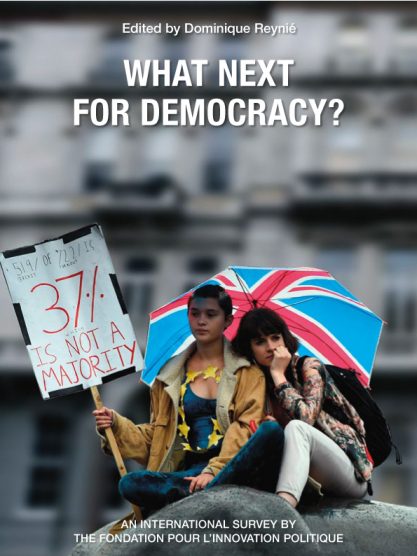
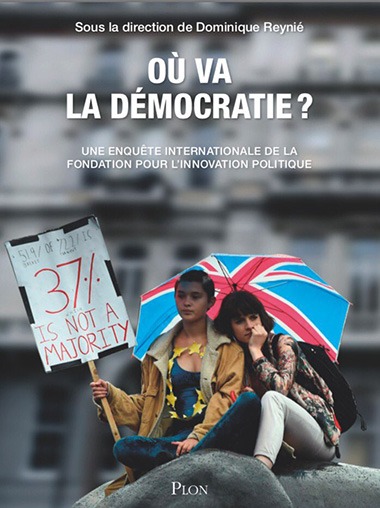
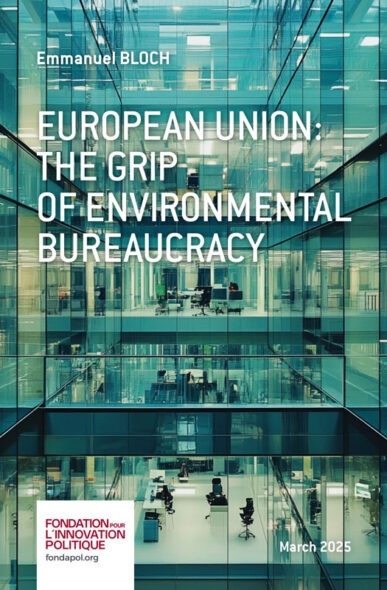
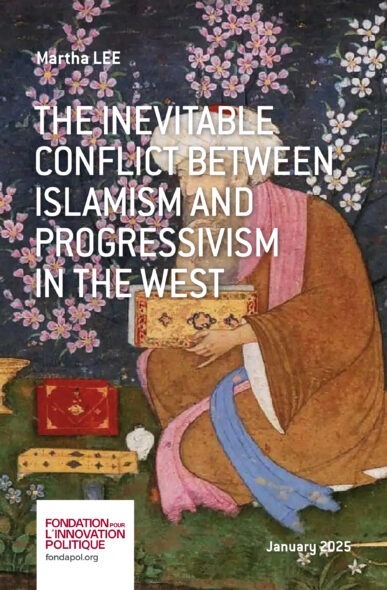

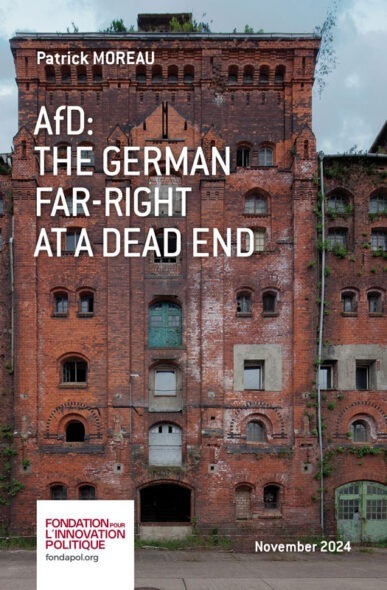
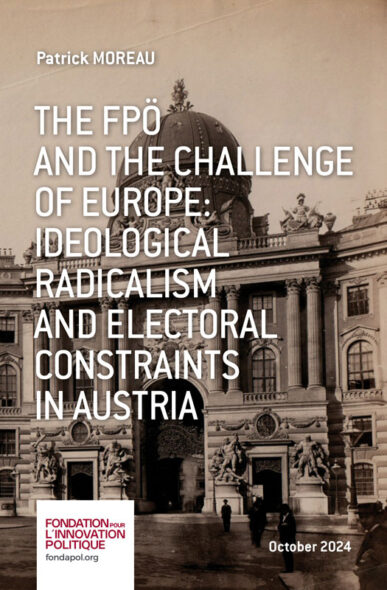

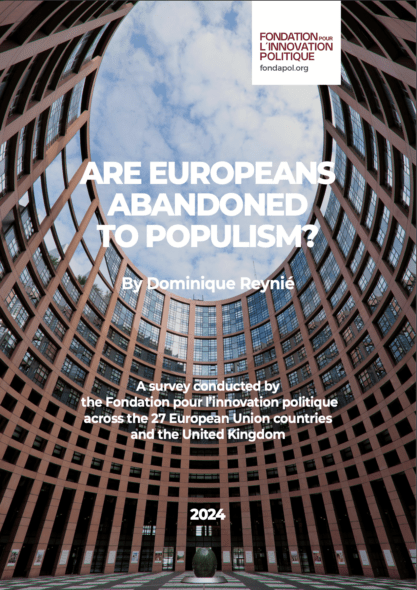
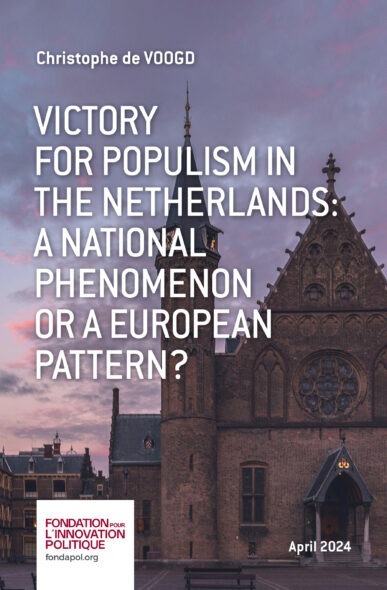

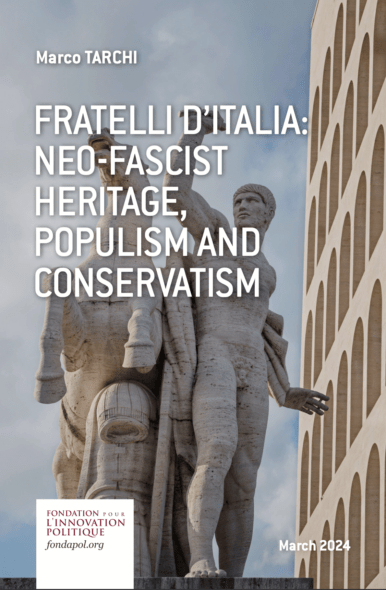
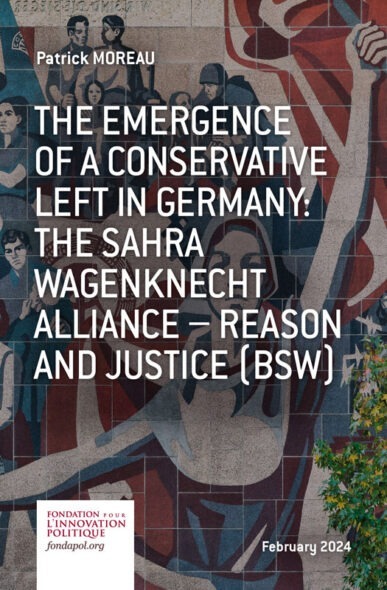
No comments.